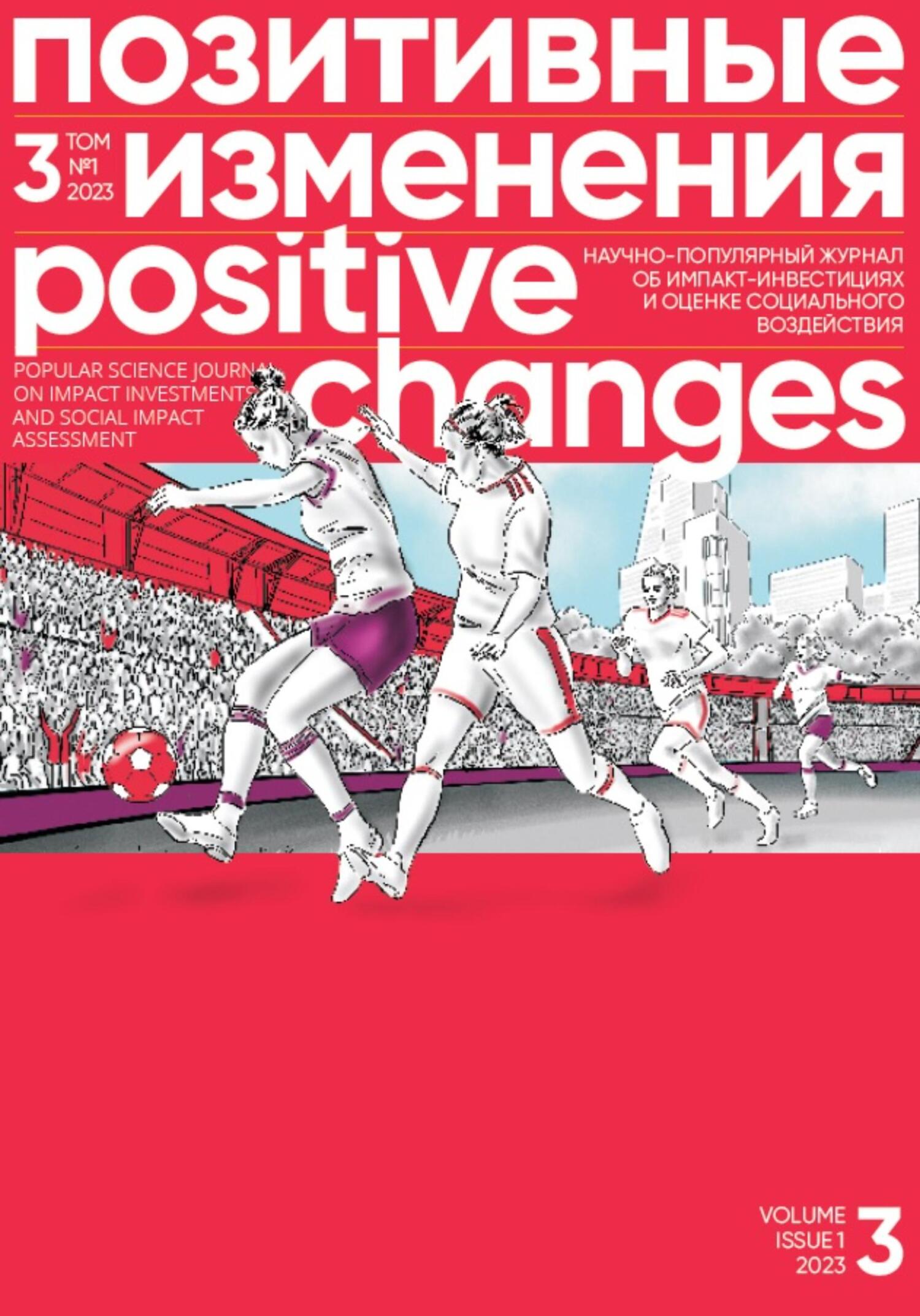Шрифт:
Закладка:
Обсуждению вопросов, связанных с такой важной, интересной, и еще только зарождающейся областью профессиональной деятельности – оценки социальных проектов и программ – посвящен первый выпуск 2023 года журнала «Позитивные изменения». Мы пригласили ведущих российских и зарубежных экспертов к обсуждению широкого спектра вопросов – о методах, видах оценки, об импакте самой профессии, а также о том, является ли вообще оценка проектов и программ областью профессиональной деятельности. Нам кажется, что оценка – это во многом про осознанность и ответственность. Если даже взмах крыла бабочки способен вызвать изменения на соседних континентах, что уж говорить о целенаправленной деятельности. Оценка – про то, что ты всегда включен в систему отношений с людьми и природой и влияешь на нее, вплоть до масштабов всей планеты. И каждый человек, а тем более проектная команда, способны внести позитивные изменения в жизни не только благополучателей, но и сообществ, а также общества и мира в целом.






